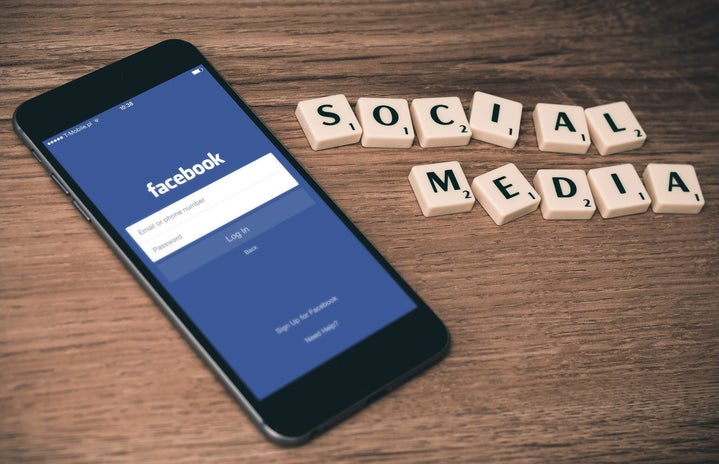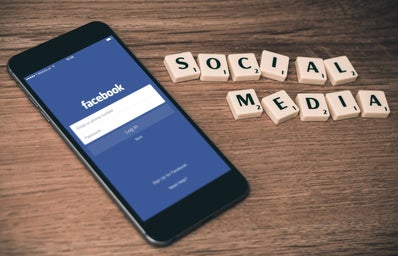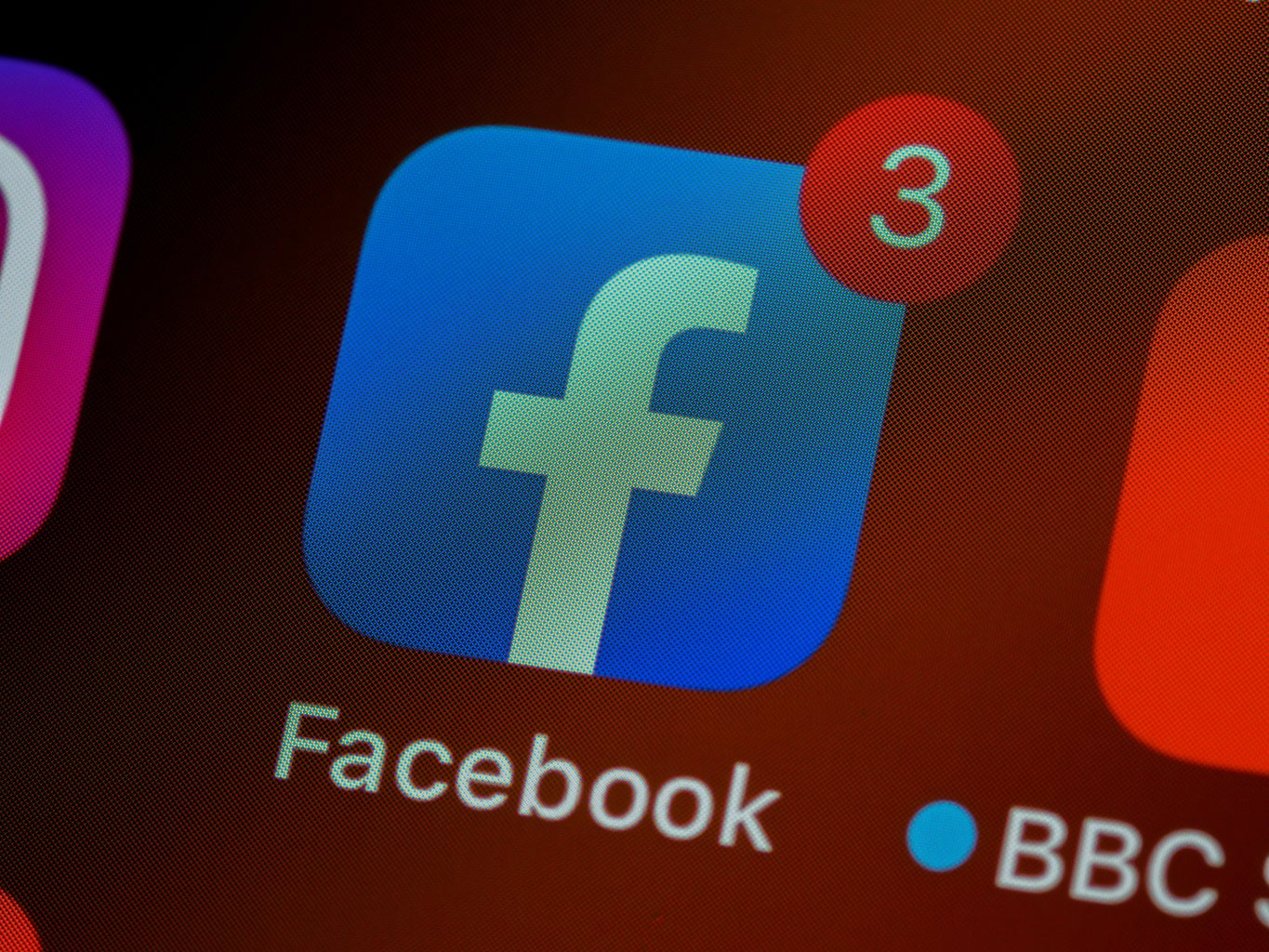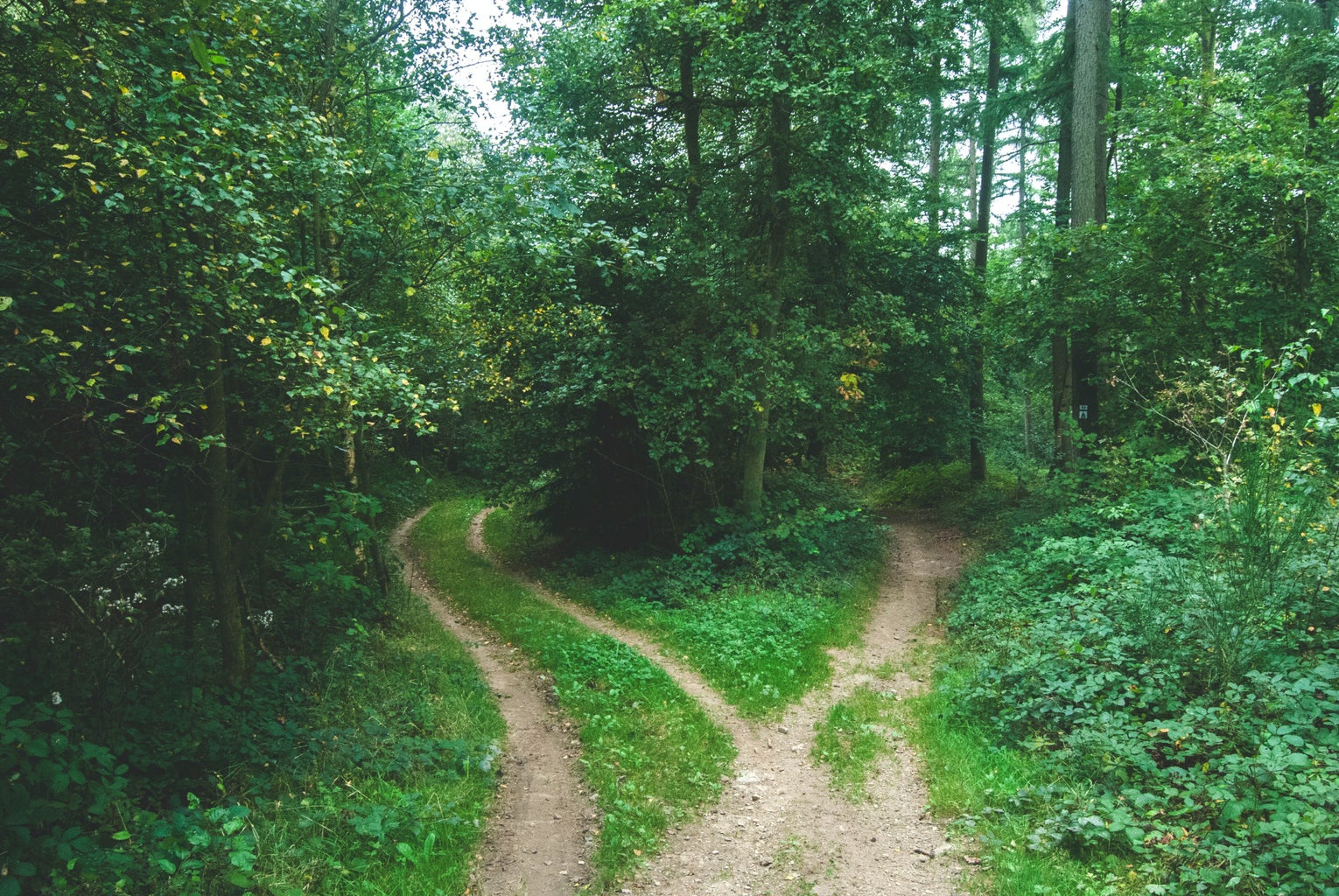Ready Player One and Ready Player Two written by Ernest Cline have warned us about the dangers of the upcoming Metaverse and a world with AI, yet we’re plunging further into a land of no return.
Spoiler Warning: This article contains information regarding key plot points of the novels Ready Player One and Ready Player Two by Ernest Cline. Please proceed with caution if you are of the bookish kind, like me.
This new world isn’t hard to imagine. According to Meta Platforms Inc., the entity formerly known as The Facebook Company, has launched its new project, the Metaverse, with the goal of transporting users into an augmented reality. There, they can come into contact with a wealth of new experiences through the use of technology. Not surprisingly, Meta Platforms Inc. and companies like it are quickly gaining traction. These things are new and shiny but offer the potential to be dangerous, whether in terms of our mental health or how individuals interact with greater society.
As a quick disclaimer, it must be said that I am no technology expert and certainly can’t read the intentions of a major corporation, nor do I know exactly where this new capability is headed. I wholeheartedly believe that social media is a double-edged sword, that we as a society can use it to better our connections with the world, but that there is a risk for a decline in mental health. I have found sites such as Instagram and Facebook incredibly helpful for connecting with my family and friends and making moves in regards to my career. At the same time, I have found social media to be isolating and frustrating from the lack of physical or in-person human interactions. This is what I wish to focus on in this article.
Our protagonist in both Ready Player One as well as Ready Player Two, Wade Watts, experiences the joys of social media and online communication through the Oasis, a fictional online platform spread throughout the world. Using this platform, he is able to meet new people, make friendships, and even start romantic connections with other users.
However, darkness falls upon the Oasis when in Ready Player Two, Wade comes across the ONI—the Oasis Neural Interface—a device that can take the human consciousness and essentially upload it to the internet, giving the user free range to leave their mortal form in favor of the Oasis. The catch is that the user is only allowed to wear the ONI for a maximum of twelve hours a day, at which point the system forcibly boots the user off to prevent the risk of death.
While there are named antagonists in the universe Cline sets up for his readers, I argue that one of the most dangerous villains is the technology itself rather than the people controlling it. This is especially evident when Anorak, a corrupted AI personality, unleashes itself onto the world.
Wade, like many of us web users, becomes obsessed with this new device and even hacks it so he can use the technology for more than the recommended time. This is a plot point I think that many can relate to. We use our phones, computers, laptops, etc., past the point recommended to us by doctors, specialists, and others with far more knowledge of how much screen time is best for us. Even after learning that we should limit our screen time, we tend not to.
As readers, we observe Wade spiral into depression. Away from his loved ones, he isolates in his home, using the Oasis as an escape from his daily life, and only unplugs when he has to perform his bodily functions. When I hear more and more about the use of virtual reality, my mind quickly jumps right to this image of Wade in a dark room, with his headset on and consciousness plugged into an addictive interface. This is my fear for the future of AI and for the future of the Metaverse—a fear that I truly hope is proven wrong.
While we don’t know what this virtual future has in store, we should keep in mind the possible mental health complications that might arise. It’s important that we take care of ourselves and know our screen time limits to keep ourselves as happy and healthy as possible, as is the case with any social media platform.
Humanity is at a crossroads and it is up to us to either heed the words of the skeptical who have warned us for centuries or to plunge deeper into the dark and unknown. With constraints on artificial intelligence and virtual reality, we can ensure that the world continues to be in our hands rather than drifting out of control as Ernest Cline cautions us.




